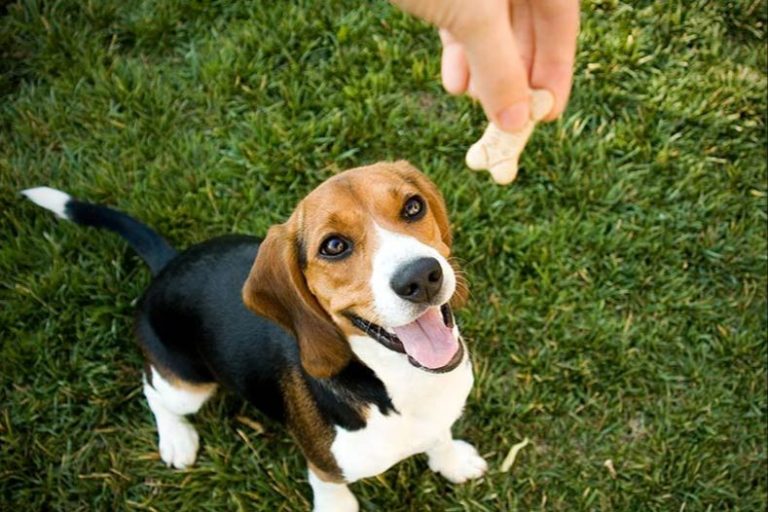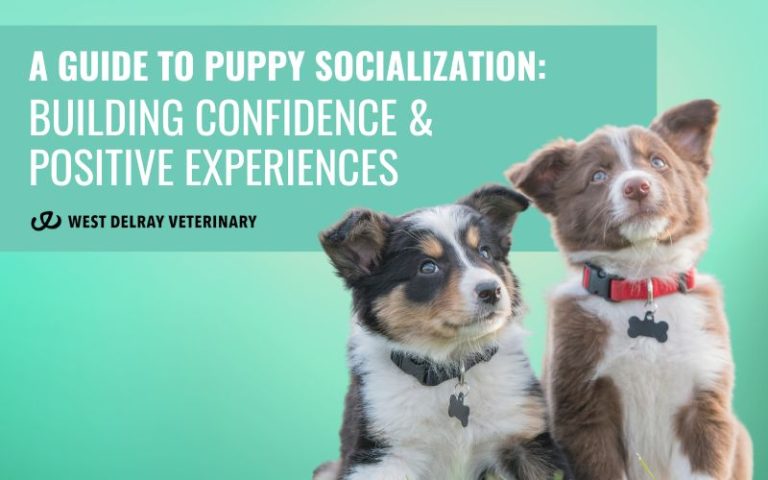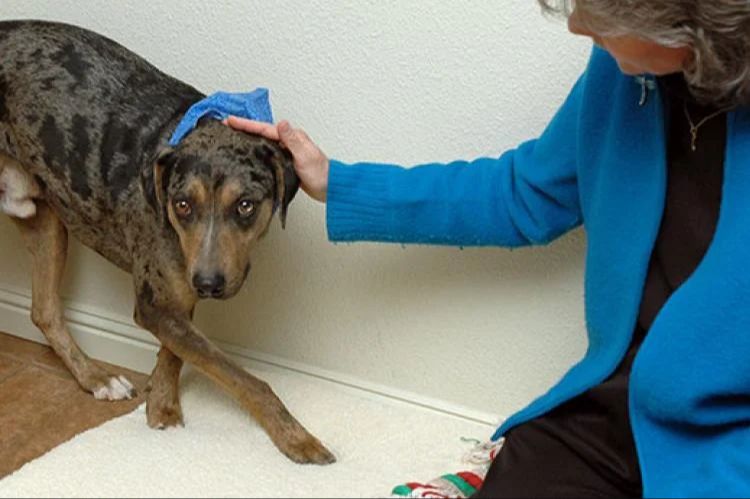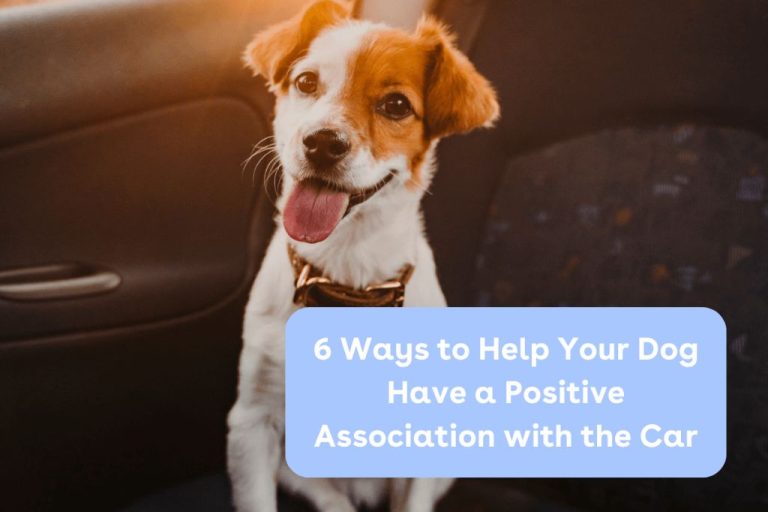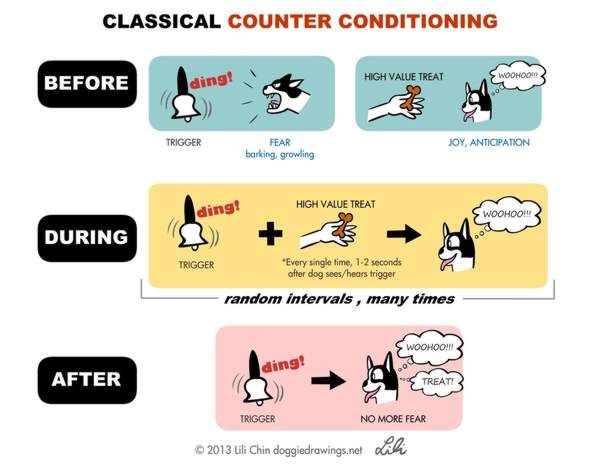Introducing Your Dog To New Environments: Tips For Success
The Importance of Socialization
Socialization is the process of exposing dogs to new experiences, people, animals, places, and stimuli. According to the Longwood Veterinary Center, “Socializing your dog ensures its ability to react to the world in a healthy way, without fear or aggression.”
Socialization teaches dogs how to behave appropriately in different situations. Exposing puppies to new things during the critical socialization period (3-16 weeks old) gets them comfortable interacting with the world around them. Well-socialized dogs are more confident, relaxed and outgoing.
A lack of socialization can lead to fearfulness, anxiety, and reactivity. Dogs that are not properly socialized may react to novel situations with barking, lunging or aggression. They are more likely to be timid around strangers or act fearful in new environments. Continued socialization into adulthood can help prevent these negative behaviors.
According to WagWalking, “Socialization calms fear and anxiety. Socialized dogs are not constantly on guard and tense, because they know they’re safe.” Starting socialization early and keeping it up regularly is key to raising a happy, well-adjusted dog.
Sources:
https://longwoodvetcenter.com/pet-socialization-raising-a-well-adjusted-dog/
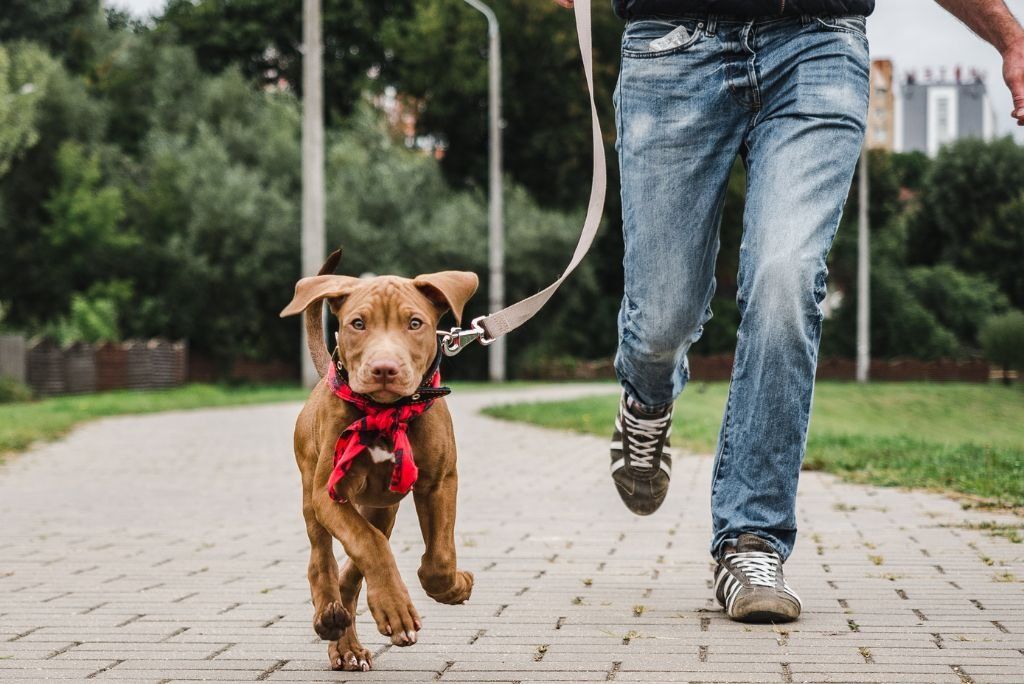
https://wagwalking.com/wellness/why-socialization-is-so-important-for-dogs
Start Young
Socialization is easiest during the prime socialization period when puppies are between 3-16 weeks old according to the American Kennel Club (How to Socialize a Puppy). Puppies are most accepting of new things during this time when their brains are rapidly developing. It’s important to introduce puppies to new people, places, sounds, and experiences during this period to prevent fear and anxiety later in life.
Ideally, puppies should meet at least 100 different people in their first few months according to WebMD (How to Successfully Socialize a Puppy). Exposure to people of different ages, appearances, and backgrounds will help puppies generalize that people are safe. Starting socialization early and making experiences positive sets up puppies for success.
Introduce New Places
Gradually exposing your puppy to new environments like parks, stores, and elevators helps ensure they grow into a well-adjusted adult dog. Start by taking short trips to new places paired with lots of treats and praise to create positive associations, according to the American Kennel Club. Bring toys and play with your puppy in these new places as well so they see them as fun and exciting instead of scary.
Initially, carry your puppy when introducing them to new indoor spots like pet stores so they feel safe. Place them down occasionally to explore and reward calm behavior. The same approach can work for outdoor areas by letting them explore on leash while you remain close by. Keep the first few experiences brief, ending on a positive note before your puppy gets tired or overwhelmed.
With time, gradually increase how long you stay and let your puppy explore new environments on their own while supervising. Consistency is key – the more varied places you can introduce during the critical socialization period before 16 weeks old, the more confident and adaptable your pup will become. Just be sure to consider health risks and avoid highly trafficked public places before your puppy is fully vaccinated.
Meeting New Dogs
When introducing your puppy to new dogs, it’s important to arrange controlled meetings with friend’s vaccinated, healthy dogs first. As recommended by the Goodboy, introducing puppies to calm, friendly dogs helps create positive early experiences.
Keep initial introductions calm and positive. Let the dogs sniff each other briefly while keeping them on leashes, then allow short, supervised play. Pay close attention to body language and separate them if there are any signs of fear or aggression. Setting them up for success will build confidence in social situations.
Gradually increase the interaction time as the puppy ages if the meetings continue to go well. Thoroughly clean areas and bowls after each dog visit to prevent the spread of disease. With patience and proper precautions, puppies can successfully be socialized with new dogs.
Meeting New People
When introducing your dog to new people, always supervise the interactions. According to Maddies Fund, use a calm, happy voice to encourage your dog to politely greet the new person. Ask the person to remain relaxed, still, and allow the dog to sniff them. If the dog seems nervous, do not force interactions. Instead, have the person give treats from a distance so the dog learns positive associations.
To socialize your dog, invite friends over regularly to meet your puppy when possible, according to the Care.com guide. Have people offer treats while practicing simple commands like sit, which teaches the puppy to politely accept petting and attention from strangers. Start in short sessions and increase the time as the puppy appears comfortable. With proper introductions, your dog can learn greeting new people is a positive experience.
Loud Noises
Dogs can easily become fearful of loud noises like thunder, fireworks, or crowds if not properly desensitized. According to Rover, you should start by playing recordings of noises like sirens, thunder, or crowds at a very low volume, ideally below the level that triggers a reaction from your dog. Slowly increase the volume over multiple sessions over weeks to months until your dog remains calm at a normal noise level.
It’s important to reward calm behavior during the recordings with treats or praise and avoid comforting anxious behavior, as this can reinforce the fear. If your dog reacts fearfully, go back to a lower noise volume. With time and positive associations, your dog can learn noises aren’t anything to fear.
Car Rides
Car rides can be scary for puppies who are not used to being in vehicles. The motion, engine sounds, and confinement can cause anxiety. To help your puppy get comfortable, take them on short, positive car rides at first to fun destinations like the park or pet store (source). Make sure to reward and praise your puppy during and after the ride.
Bring along some favorite treats or toys to help relieve anxiety. Reward your puppy for calm behavior in the car. It may also help to take your puppy on short trips where the destination is another family member or friend’s house. This way the ride ends on a very positive note of playtime and affection.
With consistent positive experiences, your puppy will learn to enjoy car travel. Just take it slow and make every ride an opportunity for rewards and praise. Soon your puppy will happily hop in the car, ready for the next adventure (source).
Grooming
Getting your puppy used to being groomed is crucial for their health and hygiene. Start by handling your puppy’s paws, ears, and mouth daily to get them comfortable with touch and handling. Give your puppy treats and praise while doing this. Once your puppy is relaxed with being handled, slowly introduce grooming tools like brushes and combs. Gently brush small sections of their coat at a time, giving rewards. Over multiple short sessions, work up to longer brushing. Introduce baths in a similar way, starting with just a wet cloth, then a shallow bath, working up to full baths. For nail trims, touch your puppy’s paws frequently and give treats to build positive associations. Snip only the very tips of nails at first while rewarding calm behavior. Building up slowly in this way will help your puppy learn to relax and enjoy grooming.
Vet Visits
Taking your dog to the vet can be a stressful experience for them. However, you can help get them comfortable with vet visits by bringing them in for positive experiences before they need to go for procedures or exams. According to the American Kennel Club, you should bring your puppy to the vet clinic just to get treats and affection from the staff. This will help them associate the vet with good things happening. When you do need to bring them in for an appointment, be sure to have plenty of tasty treats on hand to reward them for calm behavior. The AKC also recommends being an active participant in the exam, like holding your dog and praising them, which can help put them at ease. Additionally, Kamloops Veterinary Clinic suggests utilizing supplements like calming chews or pheromone sprays to reduce stress before vet visits.
Be Consistent
Socialization takes regular effort over time. As the American Kennel Club states, “It’s important to keep up the socialization by continually exposing your dog to new sights, sounds, smells and environments” (source). If you slack on socialization, fear periods may return and your dog’s confidence may waver. According to a study published in Applied Animal Behavior Science, the benefits of early socialization last a lifetime as long as socialization is maintained (source). By staying consistent with socialization throughout your dog’s life, you will reinforce good behaviors and ensure they feel comfortable in new environments as an adult dog.

